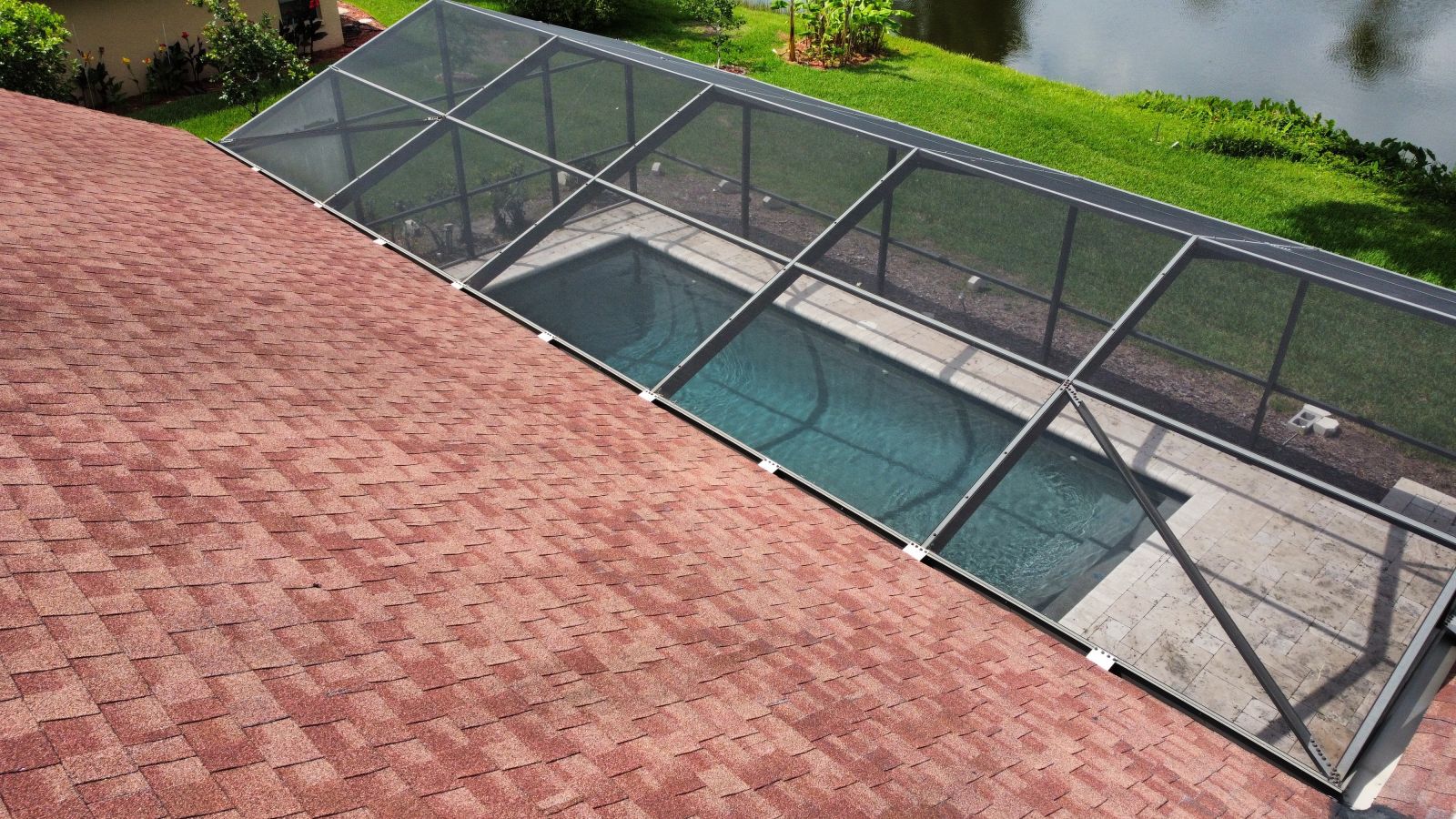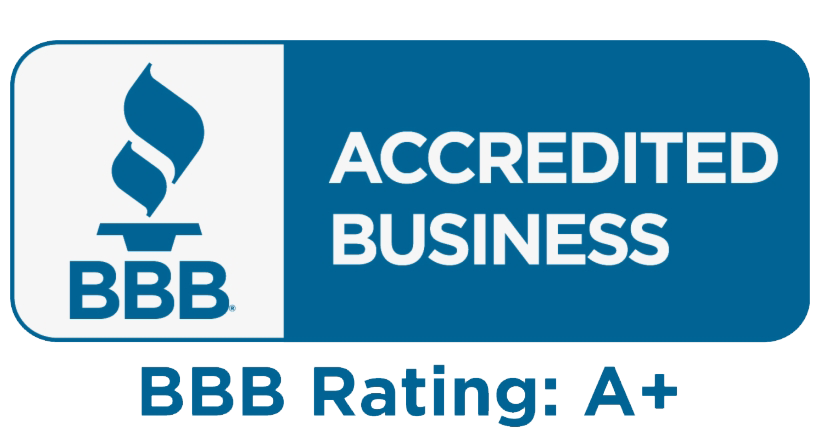Blog

How Much is a Yard of Concrete? Costs, Factors, and Patio Enclosures Tips
If you’ve ever Googled how much is a yard of concrete, you're likely planning a home improvement project or trying to estimate costs for a larger commercial build. Concrete is one of the most widely used materials in construction due to its versatility and durability. However, understanding how much a yard of concrete costs involves more than just a flat price. You need to factor in variables such as the type of concrete, delivery fees, and even the reputation of local concrete contractors.
In this in-depth blog, we will explore what a "yard" of concrete means, the factors that influence its cost, and the different services offered by concrete companies. Concrete is a versatile and durable material used for patios, driveways, and more. But when combined with patio enclosures, your outdoor space becomes even more functional and stylish. Whether you’re planning to pour a new driveway, lay a foundation, or tackle another construction project, this guide will help you make an informed decision.
Patio Enclosures: Enhancing Your Outdoor Living Space
While you’re calculating the costs for concrete, consider upgrading your outdoor area with patio enclosures. These structures not only provide shelter and shade but also boost your home’s value and create a cozy space for entertaining.
Whether you’re enclosing a freshly paved patio or adding flair to an existing space, professional installation can make all the difference
What Does a Yard of Concrete Mean?
Before we dive into costs, it’s important to understand what a "yard" of concrete is. In construction, concrete is measured in cubic yards. One cubic yard of concrete covers a 3-foot by 3-foot by 3-foot space (or 27 cubic feet).
Understanding this measurement is critical for estimating how much concrete you’ll need for a project. For example, if you’re pouring a driveway, you’ll need to calculate the length, width, and depth of the area to determine how many cubic yards of concrete are required.
Quick Formula for Estimating:
To calculate cubic yards of concrete:
- Measure the length, width, and depth of the area in feet.
- Multiply these together to get the total cubic feet.
- Divide that number by 27 to convert to cubic yards.
Real-Life Example: For a 10x10-foot patio that’s 6 inches thick (0.5 feet deep), you would calculate:
10 x 10 x 0.5 = 50 cubic feet
50 cubic feet / 27 = 1.85 cubic yards of concrete needed.
How Much is a Yard of Concrete?
The cost of concrete varies, but on average, you can expect to pay between $100 and $150 per cubic yard. Several factors can influence this price, including where you’re located, the type of concrete you need, and whether you require additional services like delivery or concrete pumping.
Key Factors That Affect the Price:
- Location
Just like with most construction materials, the cost of concrete varies depending on your region. In urban areas, prices tend to be higher due to increased demand and the cost of doing business. In rural areas, prices might be lower, but delivery costs could increase if you're far from a supplier. - Type of Concrete
Not all concrete is the same. For example, high-strength concrete or specialty mixes like stamped concrete can increase the cost per yard. While standard concrete might hover around $120 per yard, decorative or high-performance concrete could cost upwards of $200 to $300 per yard. - Delivery Fees
Many concrete companies charge delivery fees, especially if you require more than a few yards of concrete. These fees typically range from $50 to $200 depending on how far you are from the concrete plant. Keep in mind that most companies have a minimum order requirement (usually around 1 yard) to cover delivery costs. - Concrete Pumping
If your project site is difficult to access, you may need a concrete pump to get the mix to the right spot. Concrete pumping services can cost anywhere from $150 to $400 per hour, depending on the equipment needed and the job’s complexity.
Types of Concrete and Their Costs
Not all projects require the same type of concrete. Here’s a breakdown of common types and how much you can expect to pay per yard.
1. Standard Concrete
Standard concrete, used for most residential projects like driveways and patios, costs between $100 and $120 per yard. This type is a general-purpose mix that’s strong enough for most applications.
2. Reinforced Concrete
If you need extra strength for a heavy load-bearing project like a foundation, you’ll need reinforced concrete, which includes steel rebar. This costs about $130 to $150 per yard due to the additional material and labor required.
3. Stamped or Decorative Concrete
If you're looking to add some design to your concrete (e.g., stamped or stained concrete for a patio), expect to pay significantly more—around $200 to $300 per yard. Stamped concrete is often used to mimic materials like stone, tile, or brick, making it a popular choice for homeowners who want both durability and aesthetic appeal.
4. High-Performance Concrete
For projects requiring enhanced durability or weather resistance (such as industrial floors or large-scale commercial structures), high-performance concrete may be necessary. This can cost between $150 and $180 per yard.
Working with Concrete Contractors: What to Expect
If you're not planning to handle the project yourself, you’ll need to work with professional concrete contractors. These experts bring the skill, tools, and experience required for pouring and finishing concrete, ensuring that the job is done right the first time.
What Do Concrete Contractors Charge?
Hiring a contractor involves both material and labor costs. Labor fees for laying concrete range from $2 to $8 per square foot. This price will vary based on the complexity of the project, how much preparation work is required, and the contractor’s experience.
How to Choose a Reliable Concrete Contractor
When choosing concrete companies, look for the following:
- Experience and Portfolio: Choose contractors with a proven track record and ask to see examples of their previous work. The more experienced the contractor, the smoother the process will be.
- Licensing and Insurance: Make sure the contractor is properly licensed and insured. This will protect you in case of accidents or issues during the project.
- Reviews and Referrals: Check online reviews and ask friends or family for recommendations. A reputable contractor should have positive feedback from past clients.
Pro Tip: Before committing to a contractor, get multiple quotes to compare pricing. This not only ensures you're getting a fair deal but also helps you understand the different services offered.
The Benefits of Hiring a Professional
While DIY concrete projects may seem tempting to save money, hiring a professional comes with significant benefits.
1. Expertise and Precision
Professional contractors know how to properly mix, pour, and finish concrete, ensuring the best results. They also understand how weather conditions and ground preparation can affect the outcome.
2. Time-Saving
Pouring and leveling concrete is a labor-intensive process, and mistakes can lead to delays or costly repairs. Contractors can get the job done faster and more efficiently.
3. Access to Equipment
Concrete work often requires specialized tools, such as mixers, floats, and trowels. Hiring professionals means you don’t have to worry about renting or buying equipment.
Why the Right Concrete Mix Matters
Choosing the right mix of concrete is essential to the success of your project. Standard concrete may work well for driveways, but decorative concrete is better suited for patios and walkways where aesthetics are a priority. Reinforced or high-performance concrete is necessary for projects that bear heavy loads or face harsh weather conditions.
Expert Insight: “Using the wrong type of concrete can cause cracking, structural weaknesses, and premature failure,” says Sarah Jenkins, a structural engineer with over 15 years of experience. “Always consult with your contractor to ensure the right mix is used for your specific application.”
Real-Life Example: Budgeting for a Concrete Driveway
Let’s take a real-life scenario of installing a concrete driveway to illustrate the cost breakdown.
- Size of driveway: 12 feet by 50 feet
- Area: 600 square feet
- Depth of concrete: 4 inches (0.33 feet)
Step 1: Calculate the cubic yardage:
12 x 50 x 0.33 = 198 cubic feet
198 cubic feet / 27 = 7.33 cubic yards
Step 2: Estimate costs based on standard concrete at $110 per cubic yard:
7.33 cubic yards x $110 = $806.30 for the concrete.
Step 3: Add labor costs at $5 per square foot:
600 square feet x $5 = $3,000 for labor.
Total estimate: $3,806.30 for a new driveway.
Conclusion: How Much is a Yard of Concrete?
So, how much is a yard of concrete? On average, you can expect to pay between $100 and $150 per cubic yard, but costs can vary based on location, type of concrete, and additional services. Whether you’re a homeowner tackling a DIY project or working with a professional concrete contractor, understanding the costs involved will help you budget effectively and ensure a smooth project.
By considering all the factors—from materials and labor to the size of the project—you can make informed decisions and get the best value for your investment.








